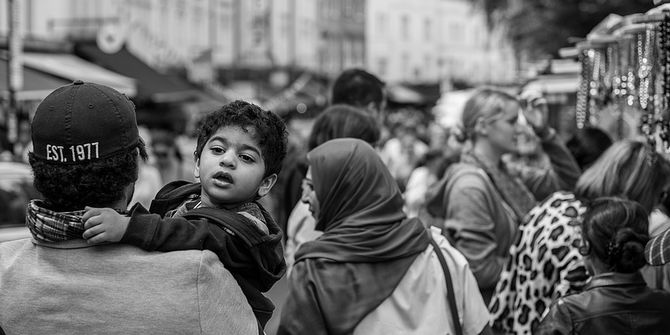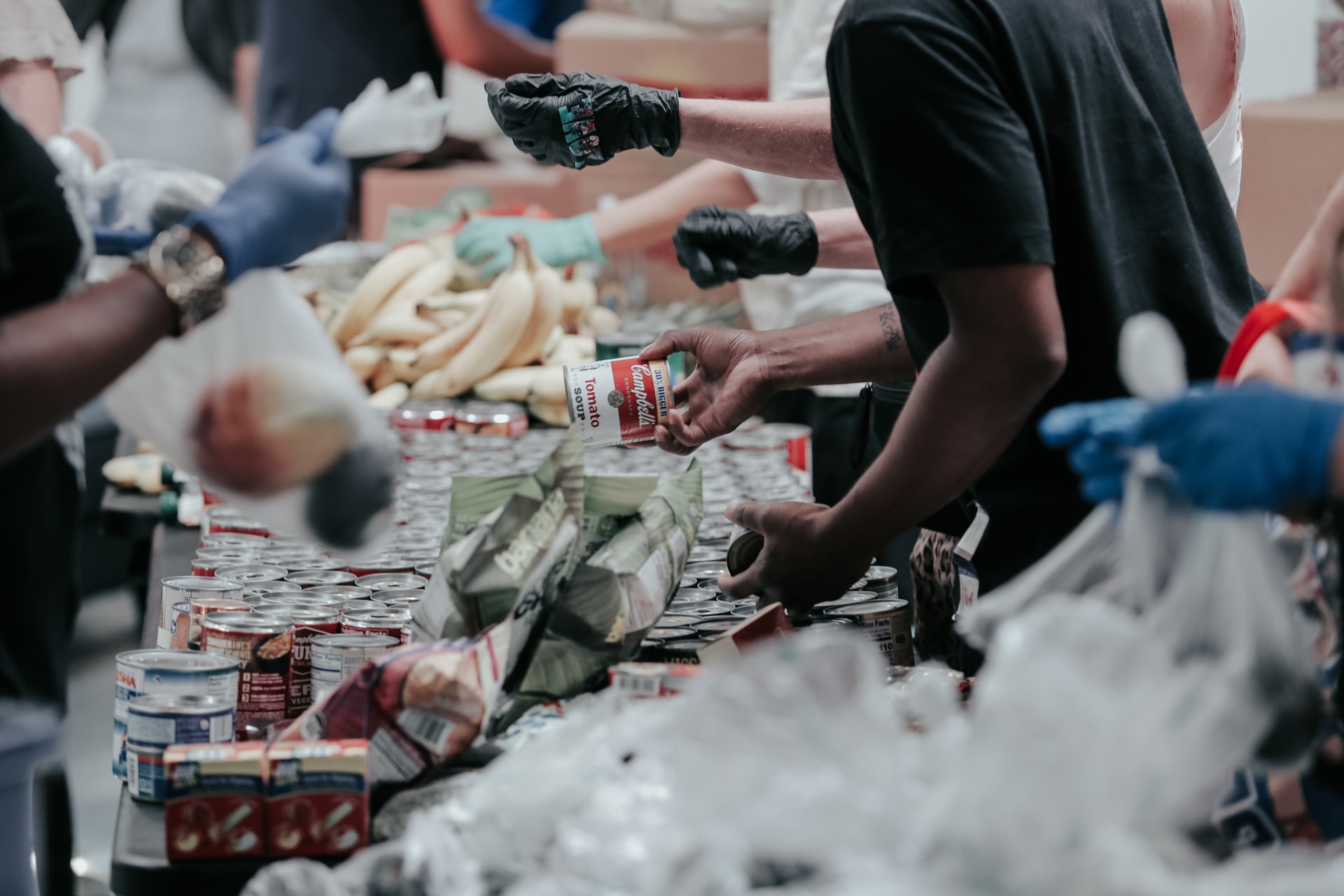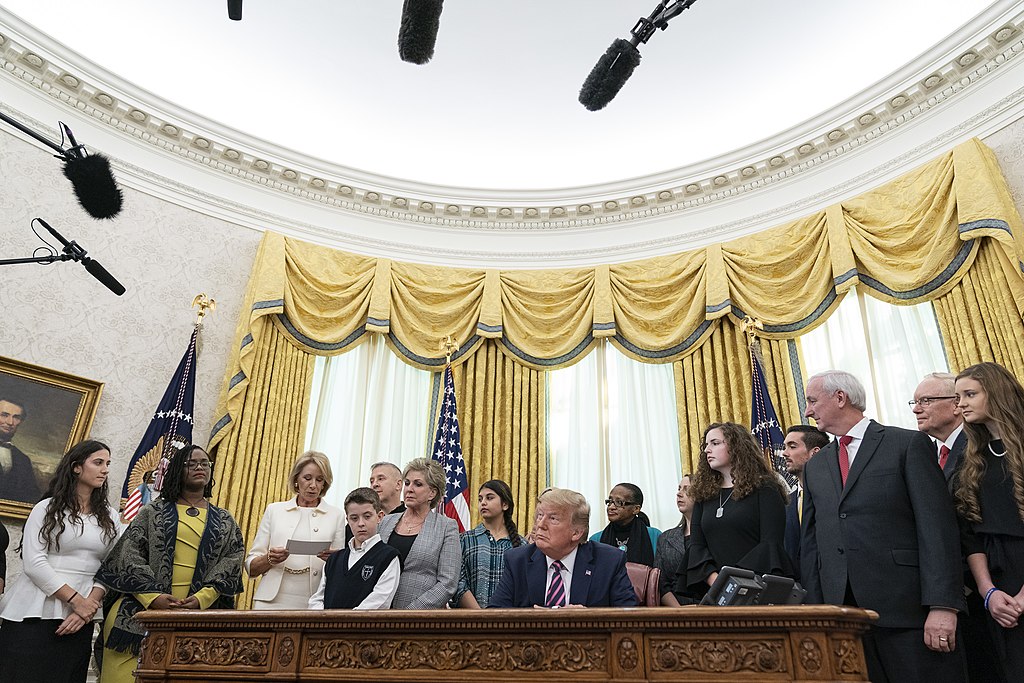Drawing on the research gathered for his forthcoming book, Tahir Abbas outlines the challenges and compromises of Muslim life in the UK. A vicious cycle of radicalisation and Islamophobia on the fringes of the Muslim experience in the UK, though exaggerated in the media, is symptomatic of the failings of government policy, and subsequently Muslim communities, to ease integration.

There are numerous challenges facing society as it grapples with issues of diversity, belonging and mobility, especially when it is apparent that the pernicious forces of race, racism and racialisation continue to affect the nature of the lived experience in Britain today.
These concerns are especially pointed when it comes discussing the experiences of British Muslim minorities, now numbering over three million and making up five per cent of the population, and where over 90 per cent of British Muslims live in England, with London containing nearly two-thirds of all Muslims in Britain. These Muslims effectively make up over one-third of all ethnic and racial minorities. One in four of Britain’s minorities are South Asian Muslims, and these groups are the focus for much of the gaze of media and political actors interested in questions of cultural relativism, ‘grooming’, radicalisation, extremism and political violence. This disproportional attention, however, takes attention away from the needs and wants of minorities as a whole, concentrating on the negative traits relating to the experiences of the few who fall down the fissures created by the wider workings of society.
Post-war migration processes have led to around two million Bangladeshis, Indians and Pakistanis, with half under the age of 25 and one-in-three under the age of 15. While these demographics represent particular challenges in relation to participation and engagement, there are also wider concerns around the role of transnationalism. In particular, in relation to questions of Islam and how it is taken up by groups, what shape it forms in practice and what gaps remain in terms of questions of religious and secular education for life in a country that is the birthplace of over half of British Muslims.
Transnationalism permits the reproduction of norms and values associated with the old home within the new home. Some of which is open to adaptation in the light of interaction and engagement with wider secular and liberal spaces. But there are other elements of group characteristics that have remained resistant to change. These include aspects of transitional marriages, recreating the challenges of integration afresh. While the trends suggest that groups are shifting away from these practices, they continue to afflict the lives of young people who are compelled to maintain a traditional South Asian heritage bubble existence.
In this milieu, there are genuine issues of identity, which have implications for belonging and citizenship. There are also wider concerns relating to gender to consider, too – including what it means for questions of masculinity and femininity, as expressed culturally, theologically and politically. How Muslim groups interpret and apply Islam is also crucial to understand, with instances of both progressive and regressive readings of the faith leading to risks in relation to extremism, radicalisation and political violence.
These issues reflect on the failures of integration and diversity policy combined with downwards pressures on social mobility. It exposes the failures of government policy leading to a failure of Muslim communities to plan, invest and deliver in relation to the Islamic, cultural and civic education and development needs of the younger generations. It also reflects on aspects of the most visible and residentially concentrated British Muslims who maintain certain theological, scriptural and cultural norms that are unable to educate the younger generations in relation to questions of adaptation to society while adopting a certain Muslimness in the public sphere. While this is not the norm by any stretch, the margins of these spaces reveal acute contestations in relation to being, becoming and belonging.
Because of these specifically localised problems in relation to the unassimilability of Muslims in parts of towns and cities across the country, where these rough edges in relation to Muslimness are regarded as not merely a blot on the landscape but also a potential danger to the rest of society, Islamophobia brews. It does so ostensibly exponentially, given the wider problems of growing economic inequality, political division and social conflict that afflict all in an age of anger due to a distrust of the political classes and fear of the ‘other’ exploited by the very same demagogues aiming to capitalise on the discord for political gain. All are woefully ignorant of history but their frustrations know no bounds due to the lack of any clear vision or direction on the way forward except to retreat into exceptionalism, nativism and populism.
The consequences of structural, institutional and cultural Islamophobia, for some, push people inwards leading to cultural withdrawal. In some cases, it leads to a few to reject society and the religio-cultural norms of their parents altogether in pursuit of political resistance based on their own notions of purity or utopianism, some of which leads to paths of extremism and ultimately political violence. In these complex multi-layered realms, violence is seen as a solution to historical, immediate and future predicaments created by enmity towards Islam. And thus the circle is complete. At the fringes of society, Islamophobia causes radicalisation, and vice-versa.
The education system in Britain is unable to prepare young people for a diverse, interdependent, mutually enhancing globe in which all have a stake. Rather, it continues to divide along class and ethnic lines. The likes of the far-right also play on the dread of Islam, not Muslims, such is the simplistic, unenlightened world-view that they have come to appreciate. They feed into and draw sustenance from this Islamophobia, radicalised to the extent of not merely delegitimising specific Muslim practices but the idea of Islam itself. This creates further tensions as it, by nature, engulfs all Muslims, leading to retreat for some who might have ordinarily worked towards balancing Muslim life with a secular existence in a liberal democracy. These menacing effects of Islamophobia reflect on wide-ranging aspects of racism, which has the consequence of pushing many more Muslims from all walks of life, although ordinarily still struggling over their Muslimness, to radicalise.
I have been exploring the issues of Islamophobia and radicalisation for over two decades as two separate concepts – one permitting a sociological perspective on forms of racism and the other a consequence of structural marginalisation. My forthcoming book, Islamophobia and Radicalisation, written in New York, Istanbul, London and finalised in The Hague over a period three years – aims to precisely tackle the cyclical nature of this seemingly unending the vicious cycle of disdain, hate and violence.
Note: Tahir Abbas’s Islamophobia and Radicalisation: A Vicious Cycle will be published by Hurst in August 2019.
About the author
Tahir Abbas is Assistant Professor at the Institute of Security and Global Affairs at Leiden University in The Hague and Visiting Senior Fellow at the Department of Government at the LSE. He is the author of The Education of British South Asians, Islamic Radicalism and Multicultural Politics, and Contemporary Turkey in Conflict.
Note: This piece gives the views of the author(s), and not the position of the LSE Religion and Global Society blog, nor of the London School of Economics.






1 Comments